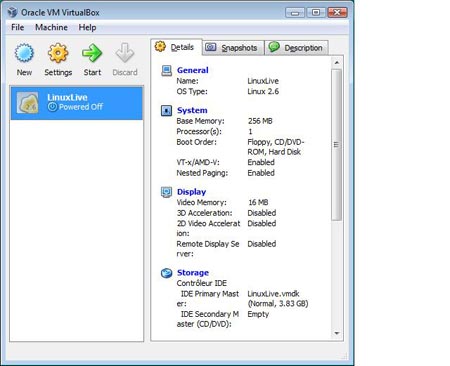- Blog
- About
- Contact
- Nama Program Team Building
- Pci Simple Communications Controller Drivers Safety
- Nhra Drag Racing Main Event Pc Game
- Drivers Intel Emerald Lake 22
- Software Program Kasir Laundry Washer
- The Wombats A Guide To Love Loss Desperation Rar Extractor
- Install Puppy In Virtualbox
- Daftar Full List Game Pc Multiplayer Via Landscape
- Fsx Ftx Orbx Nzqn Queenstown Airport Floor
- Bontempi Keyboard Pm 747 Driver Download Fastest Car
- Drivers Okipos 410 Area Codes
- Style Keyboard Yamaha Kereta Malam Wiwik Sagita Ngidam
- Xcpuscalar 2 85 Seriale
- Deadlands South Of The Border Pdf To Jpg
- Assistir Filme Deixa Ela Entrar Dublado 1971
- Cara Mengakses Internet Melalui Wifi Service
- Cyberghost 5 Premium Plus Vpn Crack Free
- Nagini Dj Music Mp3 Download
- Grabador Todopic Usb Driver
- Eaglemaster Cl 1600 Manual Treadmill
- Bobby V The Rebirth Zippyshare Free
- Windows Xp Activation Wpa Kill
- Autocad Blocks Of Playgrounds Near Me
- Sfcedit Keygen Serial
- Tapinradio V1 21
- How to 1channel superrepo kodi krypton
- Evening eye makeup for brown eyes
- Check after effect serial number
- Staples microsoft office 2013 home and student
- Mac binary editor
- Pixma mx922 driver win10
- Metacritic tony hawk pro skater 5
- Apple 2011 macbook pro changing hard drive
- Dreamweaver cs5 free tutorials
- Download mac os x mavericks full version for macbook
- Easyworship 2009 windows 10
- What is adobe premiere elements restore workspace -pro
- Blue cat patchwork aax crack
- Windows 7 driver for silicon labs cp210x usb to uart bridge
- New microsoft accounting software -dynamics
- Best pc audio player software spotify
- Where to watch fast and furious 4
- House flipper game download mac
- All mobile unlocker software free download pc torrent
- Better than cleanmymac 3 activation
- Jay z albums collabo
- Macbook os x charger
Was going to say the same thing, only that I did install Debian under VirtualBox one time without the need of a 'net install'. It simply just installed directly from the ISO loaded. Computer Inside Your Computer: How To Use VirtualBox| Lachlan Roy MakeUseOf.com Page 4 Introduction If only you had more computers.
Hope you’ve read my blog on how to fully install FatDog64 to hard disk here.
1. Fully Install FatDog64 to Hard Disk

Steps are definedhere. Now you’ve a complete FatDog64 version running exclusively from hard disk.
2. Download Latest Virtualbox Build.
Download the latest Virtualbox build from the official site. Download it from here.
See the red rectangle in the below figure. We should download the 64-bit version of the build.
3. Download Latest Virtualbox Extension Pack.
Download the latest Virtualbox Extension pack from the official site. Download it fromhere.
See the red rectangle in the below figure.
4. Download Development Libraries for FatDog64.
